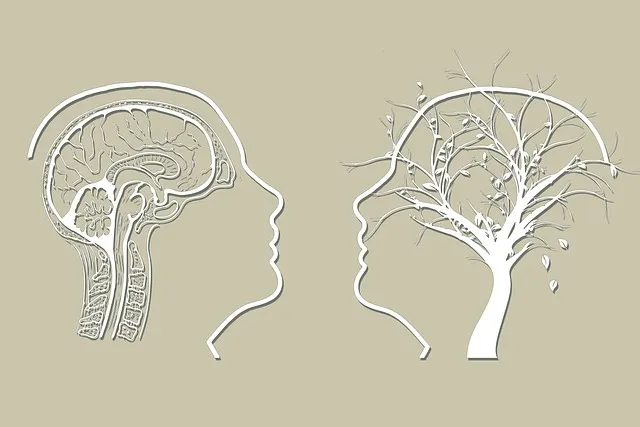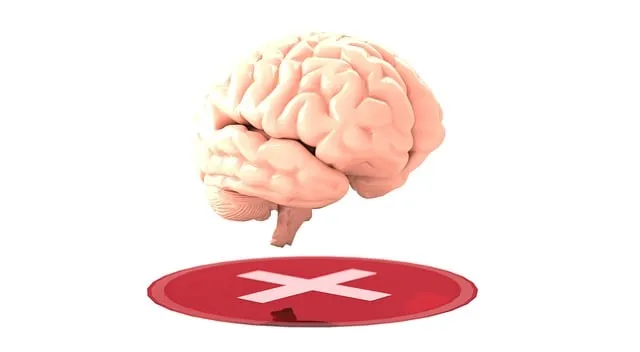Cultural sensitivity is a key pillar at the Greenwood Village Kaiser Permanente mental health center, prioritizing effective care for diverse patients. They achieve this through specialized training, cross-cultural education, and culturally responsive risk management. By embracing and understanding patients' ethnic, racial, and cultural backgrounds, the center creates an inclusive environment where every individual receives compassionate, tailored support, ultimately improving treatment outcomes. This approach, known as culturally responsive care, involves recognizing and respecting patients' cultural identities, integrating this knowledge into therapeutic practices to foster safe and effective healing environments.
Cultural sensitivity is an essential aspect of providing effective mental healthcare, ensuring equitable access and positive outcomes for diverse patient populations. This article explores the critical role of cultural sensitivity in mental health practice, drawing insights from the innovative approach at the Greenwood Village Kaiser Permanente Mental Health Center. We’ll also delve into best practices for culturally responsive care, highlighting strategies to improve services tailored to specific communities, such as those offered by the renowned Greenwood Village facility.
- Understanding Cultural Sensitivity in Mental Healthcare
- The Greenwood Village Kaiser Permanente Mental Health Center Approach
- Best Practices for Culturally Responsive Care
Understanding Cultural Sensitivity in Mental Healthcare

Cultural sensitivity is a cornerstone in providing effective mental healthcare, especially at facilities like the Greenwood Village Kaiser Permanente mental health center. It involves recognizing and appreciating the diverse cultural backgrounds, values, and beliefs of patients, ensuring their unique needs are met with compassion and understanding. This approach transcends language barriers to build trust and facilitate meaningful interactions between healthcare providers and individuals from various ethnic, racial, and cultural groups.
At the Greenwood Village Kaiser Permanente mental health center, empathy building strategies are integral to delivering culturally sensitive care. These include training mental health professionals in cultural competence, implementing Mental Health Education Programs designed to promote cross-cultural awareness, and integrating risk management planning that accounts for cultural nuances. Such initiatives foster an inclusive environment where patients feel heard, respected, and supported, ultimately enhancing the effectiveness of treatment and outcomes.
The Greenwood Village Kaiser Permanente Mental Health Center Approach

The Greenwood Village Kaiser Permanente Mental Health Center takes a holistic and culturally sensitive approach to healthcare. Recognizing that mental health issues are deeply influenced by cultural context, they prioritize understanding and addressing the unique needs of their diverse patient population. This involves actively incorporating cultural competencies into all aspects of care delivery, from initial assessment to treatment planning and ongoing support.
The center leverages initiatives like the Mental Wellness Podcast Series Production and Public Awareness Campaigns Development to foster open dialogue about mental health within various communities. Additionally, they organize Stress Management Workshops to empower individuals with coping strategies tailored to their specific cultural backgrounds. Through these efforts, Greenwood Village Kaiser Permanente aims to create an inclusive environment where every patient feels heard, respected, and supported on their journey towards mental wellness.
Best Practices for Culturally Responsive Care

At the Greenwood Village Kaiser Permanente mental health center and beyond, culturally responsive care is a cornerstone of quality treatment. It involves understanding and respecting individuals’ cultural backgrounds, traditions, and values, integrating this knowledge into therapeutic practices to create safe and effective healing environments. Best practices include Self-Awareness Exercises for mental health professionals, ensuring they recognize their own biases and cultural filters.
This self-reflection facilitates more empathetic interactions with patients from diverse cultures. Additionally, incorporating culturally relevant Emotional Healing Processes and Stress Reduction Methods can significantly enhance treatment outcomes. By recognizing the interconnectedness of cultural identity and mental well-being, healthcare providers at places like Greenwood Village Kaiser Permanente are better equipped to foster meaningful connections with patients, ultimately promoting more holistic healing.
Cultural sensitivity is a cornerstone of quality mental healthcare, as evidenced by the successful practices at the Greenwood Village Kaiser Permanente Mental Health Center. By incorporating culturally responsive care, such as those outlined in this article, mental health professionals can create safer and more effective treatment environments for diverse patient populations. The approach taken by the Greenwood Village center serves as a compelling model that emphasizes understanding, empathy, and adaptation to cultural nuances, ultimately improving patient outcomes and fostering stronger connections within the healthcare community.






